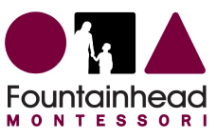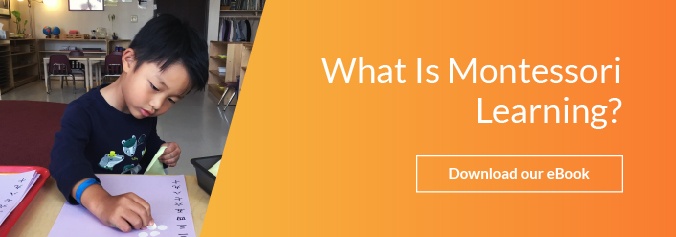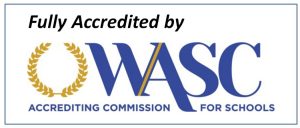Montessori education is a unique form of education that emphasizes individualized instruction and self-paced learning, which was developed by Italian physician and educator Dr. Maria Montessori in the early 1900s. As a holistic approach to education, the Montessori method focuses on the whole child – their physical, social, emotional, and cognitive development; education’s goal is to be a “help to life”, so that students are set up for success in all ways.
How is Montessori Education Different from Other Types of Education?
One of the most significant differences between Montessori education and other types of education is how the students are taught. In the Montessori classroom, children are allowed to develop at their own pace and learn through exploration and discovery.
Another difference is the way that the classroom is set up. Montessori classrooms are typically very different from traditional ones, with a more hands-on approach to learning and a focus on each child's needs. There are specific areas for various activities, such as art, science, math, etc., which allow children to move around freely and to choose the activities they are interested in.
Also, one key element of Montessori education is mixed-age classrooms. This allows older students to serve as mentors and role models for younger students, fostering a sense of community and cooperation.
How Does a Montessori Education Prepare Students for College?
- Life Skills
The Montessori method places great emphasis on practical life skills, such as self-care and care of the environment. These activities help students to develop independence, concentration, and coordination. Can you imagine a first-year college student having the executive functioning skills necessary to juggle their classes, laundry, cooking, budgeting, and relationships? Yet, those are exactly the things that a Montessori education teaches. - Study Skills
Over and over, Montessori education shines in this area, with students performing very well in areas such as creative writing, science, reading, and mathematics. - Independence and Collaboration
Montessori students tend to be more independent and self-directed than their traditional counterparts. They're also used to working in small groups and collaborating with others, which can be a big help in college coursework. - Being Taught a Love of Learning
Experimental and experiential learning is shown time and again to be superior to simply being “talked to.” Montessori students are often well-rounded and well-versed in a variety of subjects since they have been given the opportunity to explore them for themselves. - High Graduation Rates
Sadly, traditional public school dropouts are very common, with some school districts reporting alarmingly low numbers. For example, in one study, the public school district reported a 50% graduation rate, while the local Montessori school reported a 94% graduation rate. What a difference! - Critical Thinking Skills
It is well-known that many traditional schools gloss over critical thinking, but it is a common focus of Montessori education. Students are used to asking questions and seeking out answers for themselves. This type of thinking will come in handy when facing challenging college coursework.
But What About Standardized Tests?
Critics may think that Montessori-taught students do not perform well on standardized tests such as the SAT or ACT. However, this is not the case. In fact, a 2007 study of Montessori high school students revealed that they scored consistently higher in math and science on standardized tests than those who attended a traditional school. This is likely due to the fact that in Montessori schools, more time is spent on math and science exploration than in conventional schools; also, the focus is on mastering and enjoying the process, not just drilling it.
In conclusion, a Montessori education more than prepares students to enter college; it prepares them to excel and thrive in it. At Fountainhead Montessori, we are confident your child will be set up to succeed in every area of life, even (or especially!) if they are college-bound.












Let us know what you think about this post
Put your Comment Below: